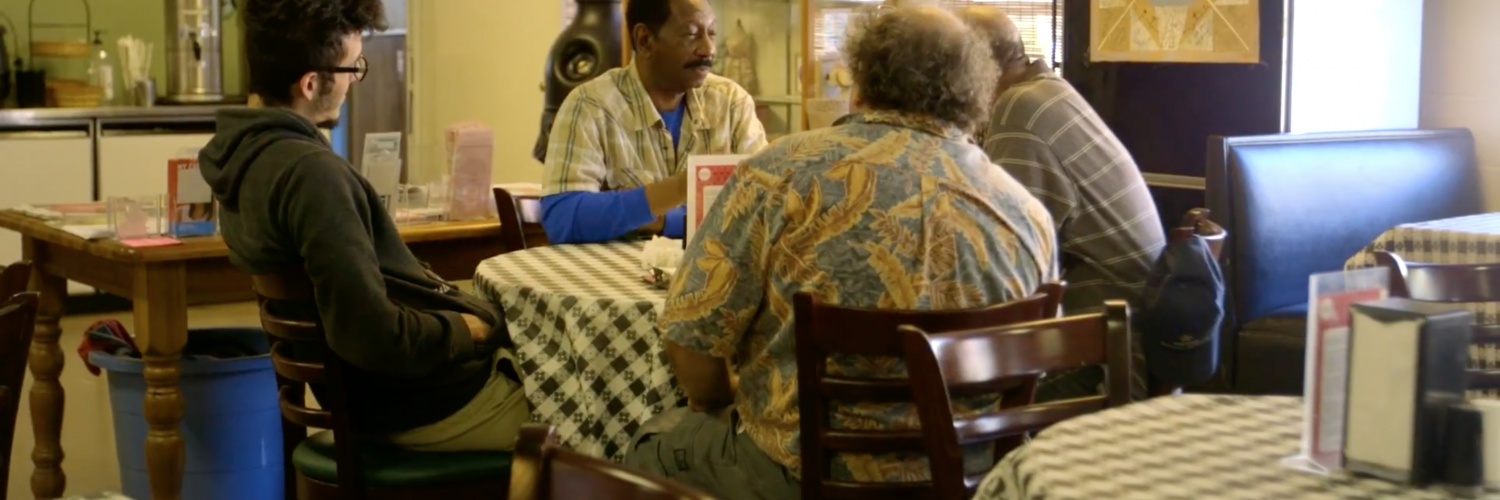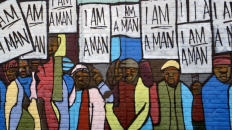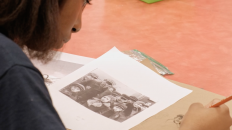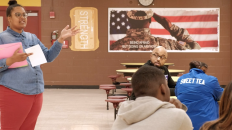Onie Johns was in a ten-month spiritual formation group with the Memphis School of Servant Leadership. She studied things like prayer, scripture, community, and power and privilege. It was probably the first time she’d ever seriously looked at power and privilege, and she was having a hard time reconciling where she was living in the suburbs with what she was learning. So she and a friend formed a non-profit and moved into an underserved neighborhood in 2000. They moved in simply as a ministry of presence, to be there and build relationships. They didn’t do any programming at first. On Sunday afternoons, they would gather the children in the neighborhood and pick up garbage. The children could earn a bicycle by picking up garbage thirteen times.
But Onie always wanted to create a place where people could come together every day, put their feet under the same table, and begin to share life’s journey. Everybody eats at Caritas Village whether they have money or not. Most people pay, but they serve 20-25 free meals every day. Food is simply a way to get people to the table, to begin to build relationships.
Onie tells us she is not an artist but loves art. The first thing she noticed about the neighborhood was that it was lacking creativity. There were a lot of single parents struggling to get by, and the schools were cutting out art in the curriculum.
Onie mailed out about 100 letters outlining her vision and received back $38,000 and a five-year-old van that she used to make the downpayment on a building. It was zoned residential and took almost two years to get a zoning waiver. Caritas Village opened in December 2006 as a community center, coffee shop, and cultural art center. Its mission is to break down walls of hostility between the cultures, to build bridges of love and trust between the rich and those made poor, and to provide a positive alternative to the street corners for the neighborhood children.
When Onie was studying power and privilege, she became aware of all the imparities that exist in the world. She says that when she thinks about everything that needs to be done to level them out, she can get overwhelmed. But Onie explains that if she can just do what’s in front of her each day, she feels like she can make a little difference. We think she’s made a big one. Onie retired at the end of 2016 but still lives in her house in the neighborhood.




